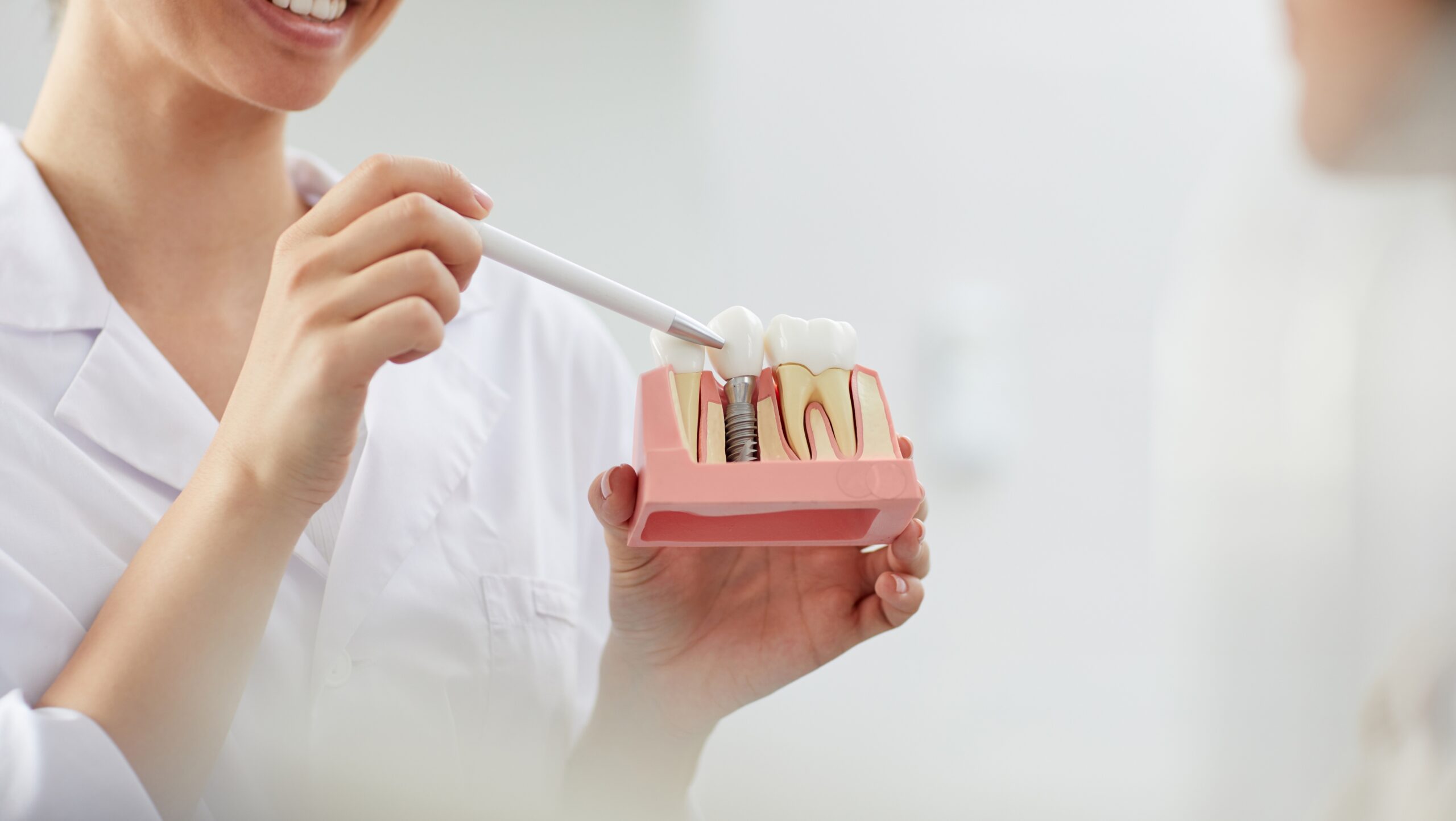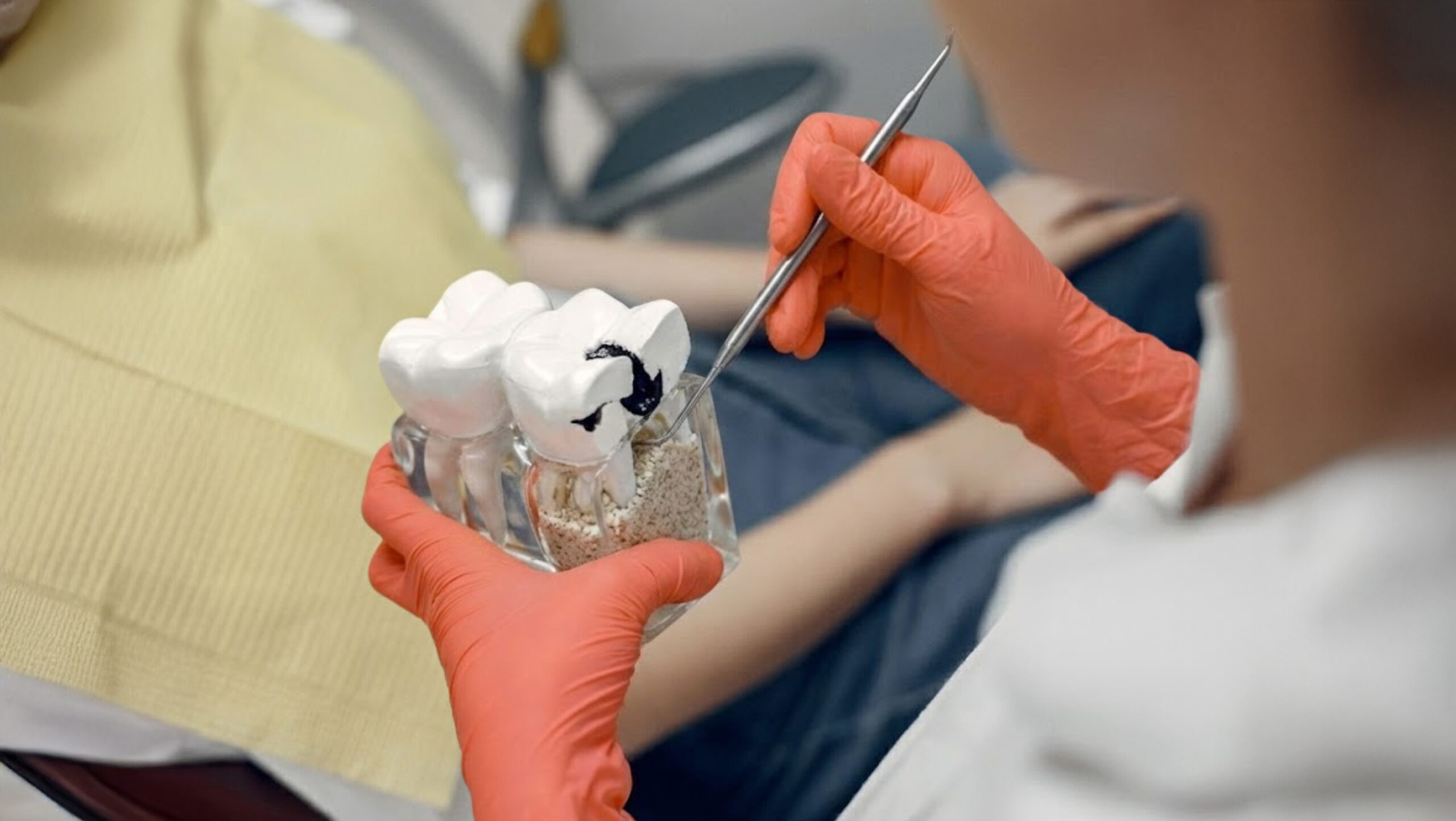Unveiling the Cost Behind Dental Implants
 By: Britely
By: Britely
The field of dentistry has made significant advancements over the years, particularly in restorative procedures. Dental implants have emerged as a remarkable solution for replacing missing teeth and restoring oral health and aesthetics. While dental implants are widely recognized as an excellent long-term investment in one’s oral well-being, it’s no secret that they can come with a hefty price tag. But what are the reasons behind the cost?
- Extensive Training and Expertise
Performing dental implant procedures requires extensive training, expertise, and skill. Dentists who specialize in implantology invest significant time and effort to acquire the necessary qualifications and stay up-to-date with the latest advancements. The level of education and specialized training required to become an implant dentist adds to the overall cost of procedures and services they provide.
- Customized Treatment Planning
Each dental implant procedure is unique, and requires individualized treatment planning. This involves a thorough assessment of the patient’s oral health, including diagnostic imaging and digital scans. The treatment plan is meticulously designed to ensure proper placement, alignment, and integration of the implant with the surrounding bone and tissues. The personalized nature of treatment planning adds to the time and resources invested, thereby increasing the overall cost.
- Quality Materials and Cutting-Edge Technology
Dental implants are typically made from high-quality materials such as titanium, which is biocompatible and capable of fusing with the jawbone. The cost of these materials, along with the accompanying components such as abutments and prosthetic teeth, contributes to the overall expense. Additionally, our Britely practices invest in state-of-the-art 3D scanning and print technology and equipment to provide accurate diagnoses, precise implant placement, and optimal outcomes, which further raises the cost of the procedure.
- Surgical Expertise and Postoperative Care
Dental implant surgery is a complex procedure that requires surgical expertise. Implant dentists are trained in performing precise incisions, ensuring proper bone preparation, and placing the implant in the ideal position. Postoperative care, including follow-up visits, monitoring, and maintenance, is equally crucial for the success and longevity of the dental implant. These factors, combined with the expertise and attention to detail required, add to the overall cost.
- Laboratory Fees and Prosthetic Construction
Once the implant is placed, a prosthetic tooth or crown is custom-made to match the patient’s natural teeth. These prosthetics are constructed in specialized dental laboratories using advanced techniques and high-quality materials. The fees associated with the construction and customization of prosthetics contribute significantly to the overall cost of dental implants.
- Long-Term Benefits and Durability
While the upfront cost of dental implants may be high, it is essential to consider their long-term benefits and durability. Dental implants offer a permanent solution for tooth loss, providing improved aesthetics, enhanced chewing ability, and preserving oral health. With proper care and maintenance, dental implants can last a lifetime, making them a worthy investment despite the initial expense.
Dental implants are undeniably a valuable restorative option, offering numerous benefits and long-term solutions. However, their cost can be attributed to a range of factors, including the extensive training and expertise of the dental professionals involved, the personalized treatment planning, the use of high-quality materials and advanced technology, the surgical expertise required, and the construction of custom prosthetics. Understanding these aspects can help you understand the investment you are making in your oral health and make informed decisions. It is important to consult with a trusted dental professional who can provide a comprehensive assessment and guide you through the process, ensuring the best possible outcomes.


